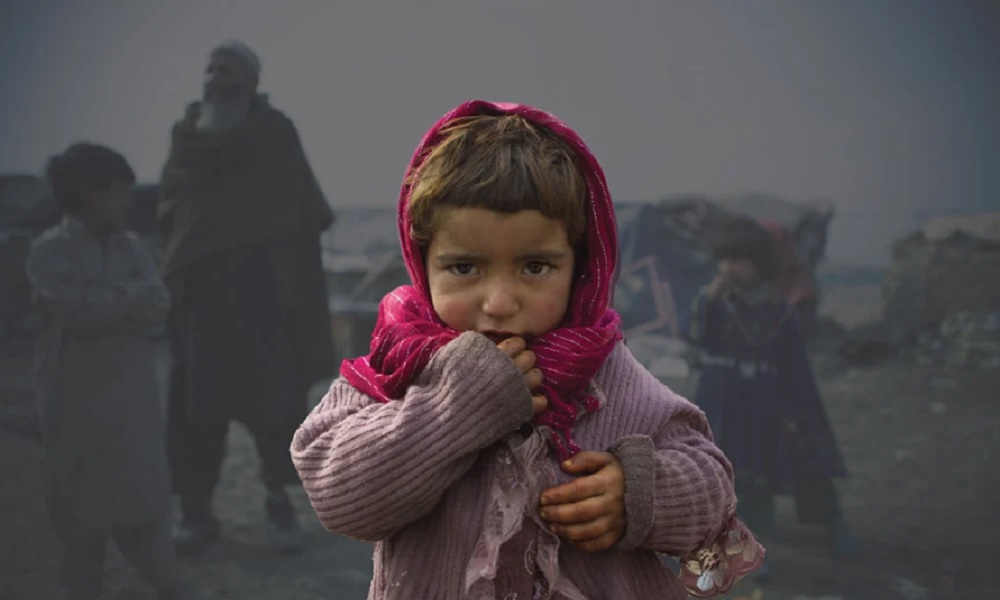The World Health Organization (WHO) on Thursday appealed for $10 million to provide essential health services and ensure health care access for a targeted 700,000 Afghan returnees as they re-enter the country.
About 1.3 million Afghans are expected to return to Afghanistan, voluntarily or by force, as a result of Pakistan’s policy to deport illegal migrants. This sudden and increased flux of returnees, along with other related factors, poses significant public health concerns. In particular, there is a risk of disease outbreaks and transmission of wild poliovirus at various points of entry, WHO warned in a statement.
The statement said that elevated risk of communicable diseases and epidemics is made worse by displacement, temporary relocation in camps, substandard living conditions, existing health issues, malnutrition, physical and mental stress (especially among elderly people and pregnant women), insecurity, exposure to extreme weather, and an overall lack of access to health services. These factors can put a strain on already fragile health and socioeconomic systems, adversely affecting both returnees and host communities, it added.
“Without timely assistance, there is the potential for an increase in morbidity and mortality rates owing to limited access to health services, especially for infectious diseases and other chronic conditions, essential maternal and child health services and emergency obstetrics care. Notably, there are gaps in the capacity of health providers to manage worsening emergency situations,” WHO said.
“As we welcome back Afghans into the country, it is our collective obligation to public health to ensure that we have systems and resources in place to prevent, prepare for and respond to public health risks,” said Dr Luo Dapeng, WHO Representative in Afghanistan. “WHO is well placed to ensure that we can take care of everyone’s health needs, especially those of women, children, elderly people and other vulnerable populations.”
WHO said that to address public health concerns at points of entry, it has positioned a team of health workers at each of the major border crossing areas in Afghanistan’s Nangarhar, Kandahar and Herat provinces. WHO-supported hospitals at Spin Boldak, Afghanistan (30 beds), and at Torkham, Pakistan (20 beds), will be operational within 2 weeks, it added.














